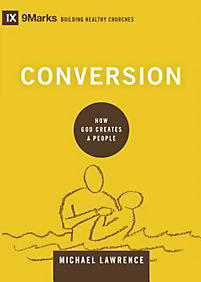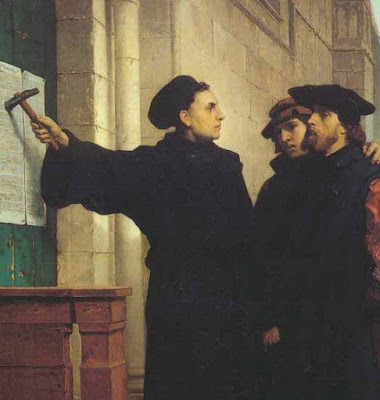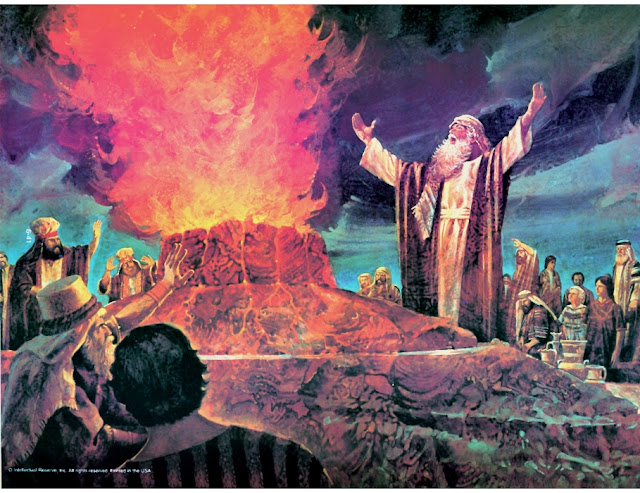Book in Review: "Moby Dick"

After reading Herman Melville's renown classic "Moby Dick" for the first time, this book has become one of my favorites. Melville writes with incredible skill as sentences are saturated with adverbs and adjectives; colorful metaphors are laden throughout. And while many today might find such meandrous writing painstakingly laborious (Just get to the point, Melville), I found it rather refreshing. In an instant gratification age where media looks to provide entertainment at the expense of meaning, there is nothing like a book that requires some thinking to accompany it. It is with such writing that Melville makes whaling seem a most desirable career path (never mind it is currently illegal by international law!). The serenity of standing aloft the mainmast, is so brilliantly described that I, someone who has no real desire for sea-crafting, found myself longing to quit my day job for the escape of the infinite space of the sea. The work required in the industry gives t...





